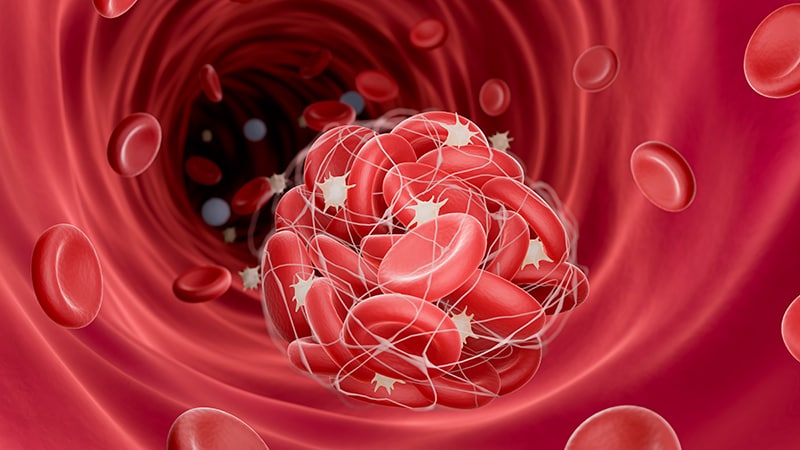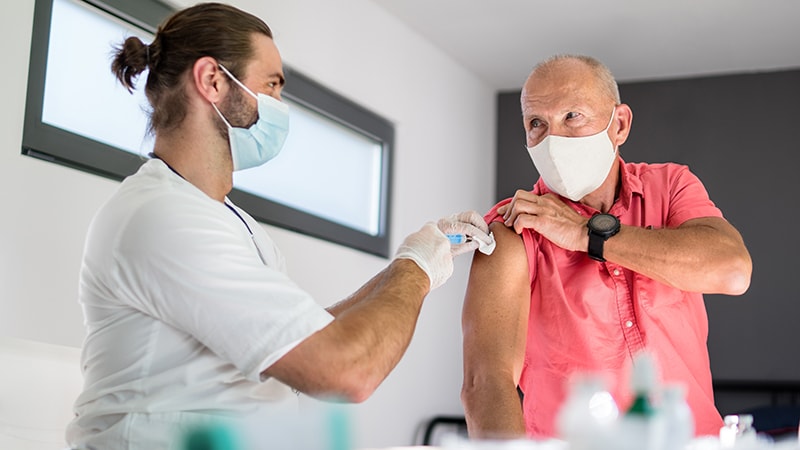Scientists at Keele University and King's College London estimate that 64 per cent of people would be likely to accept a COVID-19 vaccination when one becomes available.
The online survey of 1500 UK adults found that 26.9 per cent were unsure if they would have the vaccination, and 9.1 per cent said they were unlikely to be vaccinated.
The researchers collected the data between 14 and 17 July this year and analysed associations between intention to be vaccinated when a vaccine becomes available and socio-demographic factors such as age; race; ethnicity and education; previous influenza vaccination; general vaccine attitudes and beliefs; attitudes and beliefs about COVID-19; and attitudes and beliefs about a COVID-19 vaccination.
Publishing their findings in Human Vaccines & Immunotherapeutics, the team identified several factors associated with the likelihood of accepting a COVID-19 vaccine. People who had been vaccinated for flu last year were more likely to intend to be vaccinated for coronavirus, as were older people, people with more positive vaccination beliefs and attitudes and people who perceived a greater risk of COVID-19 to others.
Joint first author Dr Sue Sherman, from Keele University's School of Psychology, said despite the pandemic nature and severity of COVID-19, high vaccine uptake cannot be assumed for various reasons, including the intention-behaviour gap.
"The highly contagious nature of COVID-19 means that once a vaccine becomes available, ensuring a good uptake will play an important role in reducing unnecessary deaths. In order to maximise the uptake of the coronavirus vaccine, campaigns to support vaccination programmes overall, including for other routine vaccination programmes such as the annual winter flu programme, will need to be in place."



